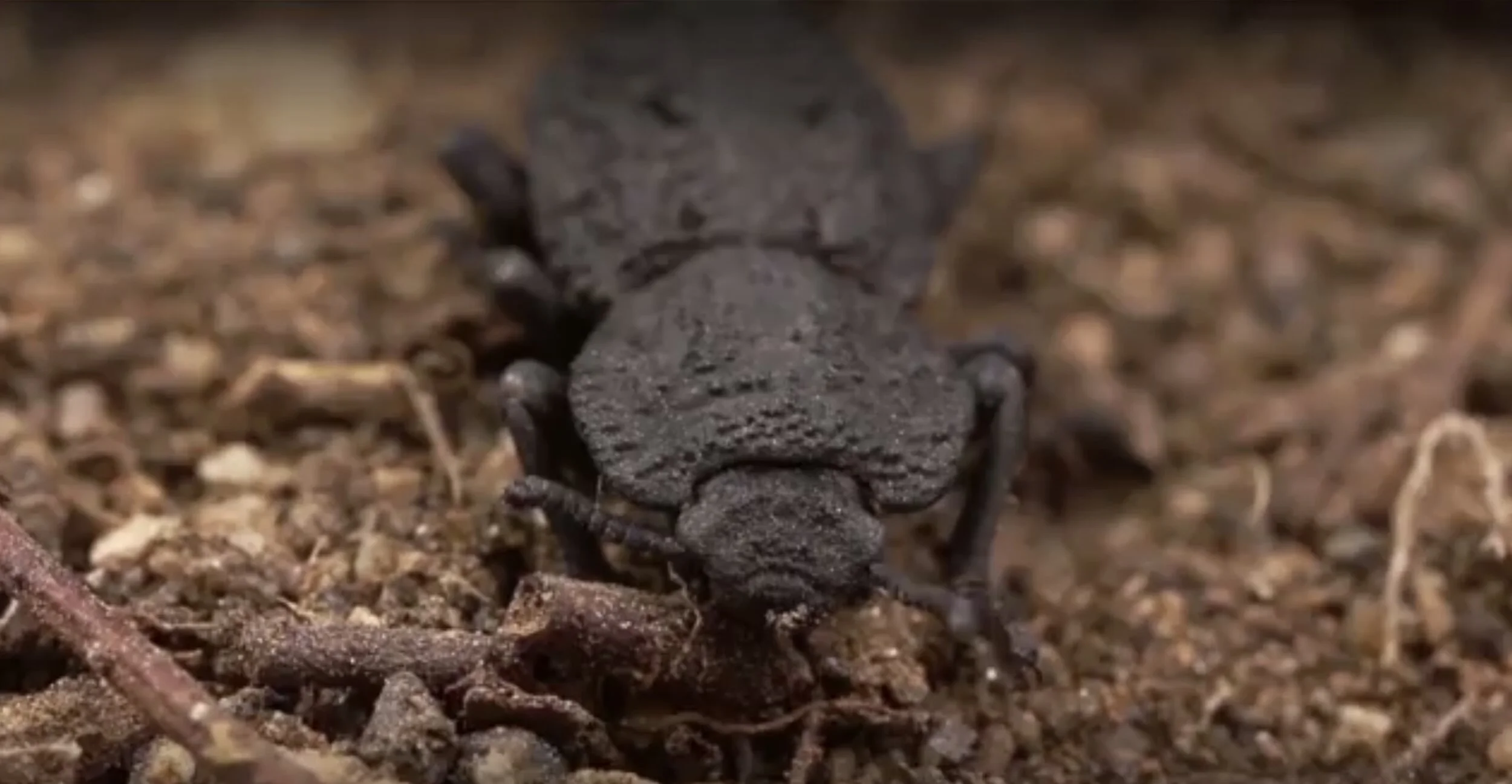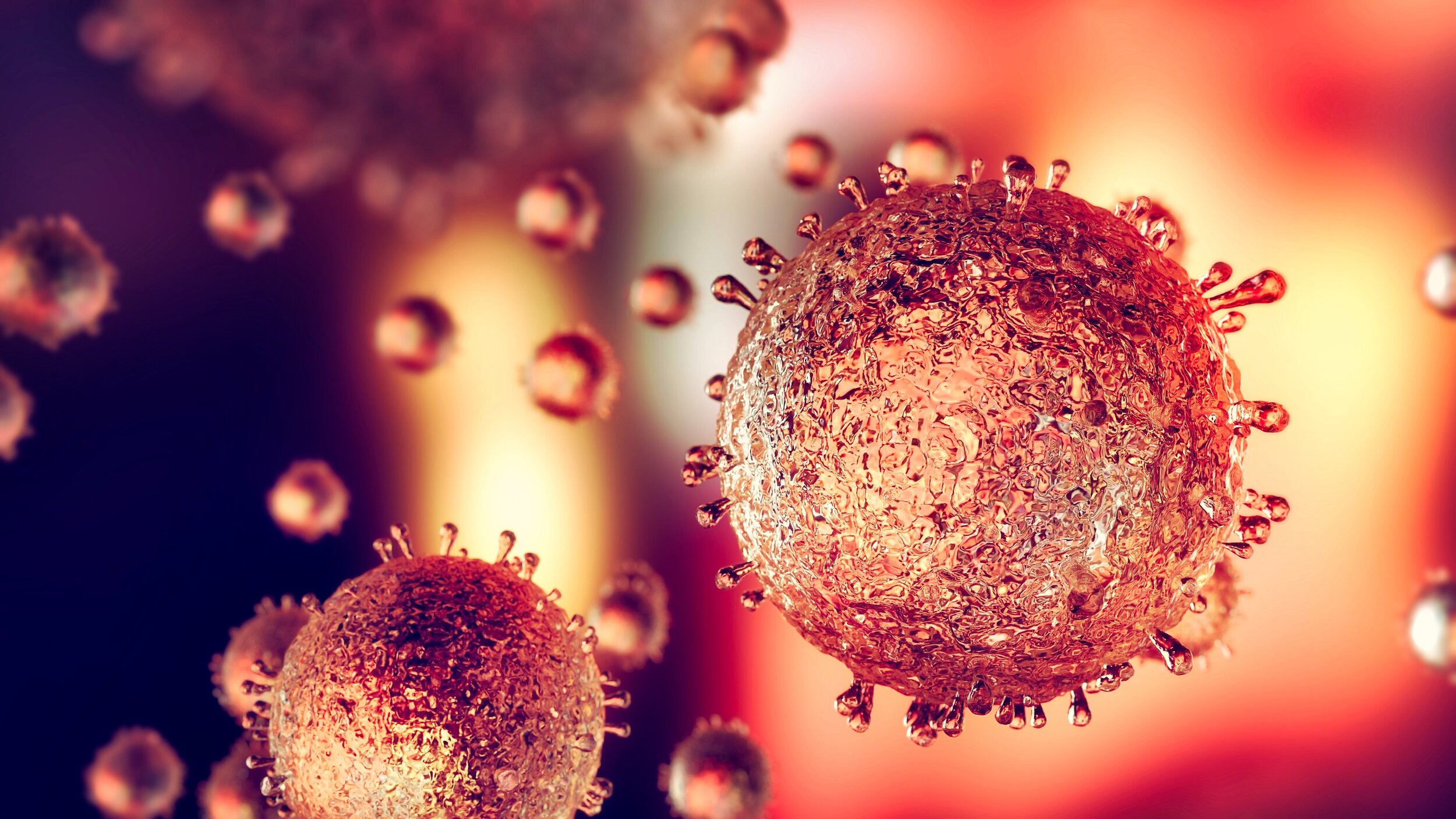A research team from the University of Nottingham School of Medicine has made a promising discovery by finding a new DNA damage pathway that might be a new lead in cancer research.
Image Credit: geralt via Unsplash - HDR tune by Universal-Sci
Scientists have been researching cancer for a very long time in an attempt to combat this terrible disease. Although the subject matter is very complicated, gradual progress is being made, allowing us to remain hopeful for an eventual cure.
A research team from the University of Nottingham School of Medicine has made one of the most recent promising discoveries by finding a new DNA damage pathway that might be a new lead in cancer research. They published their findings in the prestigious science journal Nature Genetics.
Cells duplicate themselves by copying their DNA. If they lose control over this multiplication process, they can induce cancer. The Nottingham scientists uncovered that DNA can also form hybrids with a chemically altered form of its cousin, RNA (more precisely m6ARNA). This process halts cell division and intensifies DNA damage.
DNA encodes the genetic information in all living organisms by copying this information to RNA, some of which encode proteins. Often this copying process is not complete; hence the RNA does not leave the DNA and forms a composition named RNA/DNA hybrid. The configuration of RNA/DNA hybrids leads to a part of the DNA being vulnerable to attack, resulting in mutations, a hallmark of various diseases, one of which is cancer.
A computational model of Double-stranded RNA - Image Credit: Supyyyy via Wikimedia Commons
In their research, the scientists discovered the existence of a chemical modification (N6-methyladenosine; m6A) on the RNA part of RNA/DNA hybrids. Although RNA/DNA hybrids have been known for many years, this research shows for the first time that a non-canonical nucleic acid base is present on the RNA part of these RNA/DNA combinations.
David Bates, head of the cancer and stem cell division, stated that they expect the results of their study to have a substantial impact regarding our elemental understanding of cancer biology as genomic instability underlies almost all types of cancer. The findings open up an avenue for new DNA damage therapies, a quickly growing field of cancer drug development.
Although the development of these new therapies might take a while, it is uplifting to see scientists continue to making strives that contribute to the overall fight against cancer.
Sources and further reading: N6-methyladenosine regulates the stability of RNA:DNA hybrids in human cells - RNA - DNA
If you enjoy our selection of content please consider following Universal-Sci on social media:




















